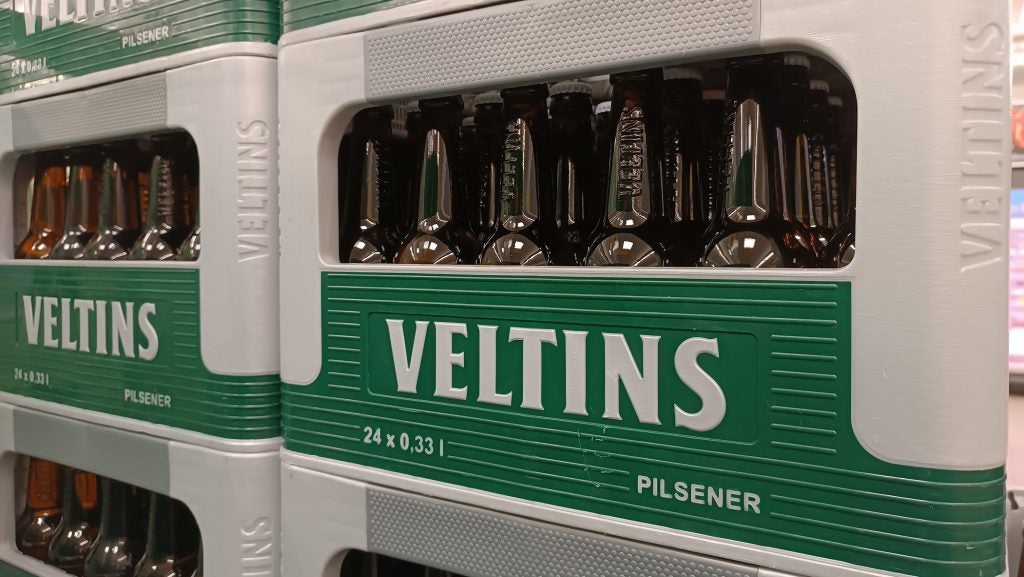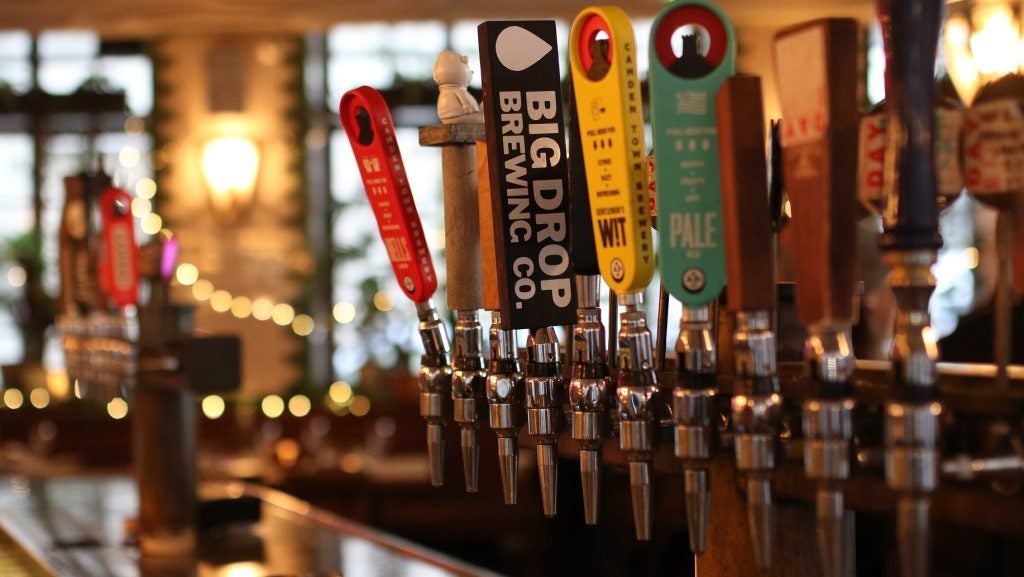Small-scale breweries continue to flourish across much of Western Europe and North America, making a mockery of the idea that consumer demand for beer in these markets is weak.
We’re getting to know the results season script before it is released and it goes something like this: emerging markets offset sluggish demand for beer in Western Europe and North America, where brewers are focused on reducing costs in order to make their businesses more efficient.
Sounds familiar? I’m sure it does, because this, we are frequently told, is the new beer market reality in the West. According to projections from research group Canadean this week, things won’t get much better either. Beer consumption is not going to rise for the next four years in Western Europe, while the US can only expect a 0.5% increase in volume sales annually. As soon as people start talking in terms of less than one percentage point, whether it’s beer or the economy, you know you’re in trouble.
Sure, analysts believe that multinational brewers can improve profitability in these markets by foisting price rises onto consumers and shedding costs. There is also hope that the US beer market will pick up in 2011, though only because it has done so badly in the last couple of years.
However, none of this gets to the root of the problem. Despite the gloomy headline figures, small-to-medium brewers have continued to prosper in both Western Europe and North America during the economic downturn, which suggests that the problem lies more with the attitude of some multinationals than they would like to admit.
Try telling Boston Beer Co’s founder, Jim Koch, that the US beer market is in trouble. His company sold 14% more beer in the third quarter of 2010. In Europe, consumers have shown that they are willing to pay more for premium bottled beer. Belgian brewer Duvel Moortgat increased net sales by 14% in the first half of 2010. Both of those brewers achieved higher sales in shrinking markets.
Duvel’s CEO, Michel Moortgat, was surprisingly upbeat about Europe’s beer market at a recent Brewers of Europe conference in Brussels. “There is a large opportunity for smaller brewers that are focused on speciality beers with higher value and lower volumes,” he said.
How well do you really know your competitors?
Access the most comprehensive Company Profiles on the market, powered by GlobalData. Save hours of research. Gain competitive edge.

Thank you!
Your download email will arrive shortly
Not ready to buy yet? Download a free sample
We are confident about the unique quality of our Company Profiles. However, we want you to make the most beneficial decision for your business, so we offer a free sample that you can download by submitting the below form
By GlobalDataEurope has seen an explosion of consumer curiosity in different beer styles. “More and more small microbreweries are producing small-batch, high quality beers with a high added value and therefore they are able to survive,” Moortgat added.
Boston Beer’s Koch has a strikingly similar tale to tell in the US. He believes that the rise of craft beer in the US mirrors the growing popularity of wine in the 1960s and 70s. “Twenty-somethings are adopting craft beer in the same that their millenial parents adopted wine,” he said.
Koch thinks that consumers are still interested in premium beer, but have changed their values. “It is possible that people are shifting that paradigm from global brands to local brands, to craft brands,” he added.
Compare this to some of the statements from the industry’s leading global players over the current reporting period. Carlsberg said today that Western Europe was “challenging”, while MillerCoors’ CEO last week blamed a beer sales decline on unemployment, arguing that 15% of its “key beer drinker demographic” was unemployed.
Some would counter that MillerCoors has cut its demographics too narrow. The editor of Brewers’ Guardian, Larry Nelson, argued on just-drinks only last week that brewers should do more to attract women in particular.
I agree, but I would argue that some of the big brewers are also in danger of ignoring younger drinkers in general in mature markets. There are some efforts to address the problem, such as MillerCoors’ decision earlier this year to establish a standalone craft brewing and imports division. Meanwhile, tomorrow Anheuser-Busch InBev will hold a tasting for its new Stella Artois Black lager in the UK.
It’s a hackneyed mantra, but nothing beats innovation for re-engaging with consumers. Some will also doubtless be eyeing the acquisition route as a way into new beer trends. It is an open secret in Europe that Heineken tried to bag Belgium’s De Koninck brewery before Duvel sealed the deal.
Brewers have left it late in the day in Western Europe and North America, but a different version of the ‘new reality’ does seem to be dawning on them. They need to step up their efforts.








Related Company Profiles
Canadean Limited
Anheuser-Busch InBev NV/SA
MillerCoors
Dekoninck
Heineken NV